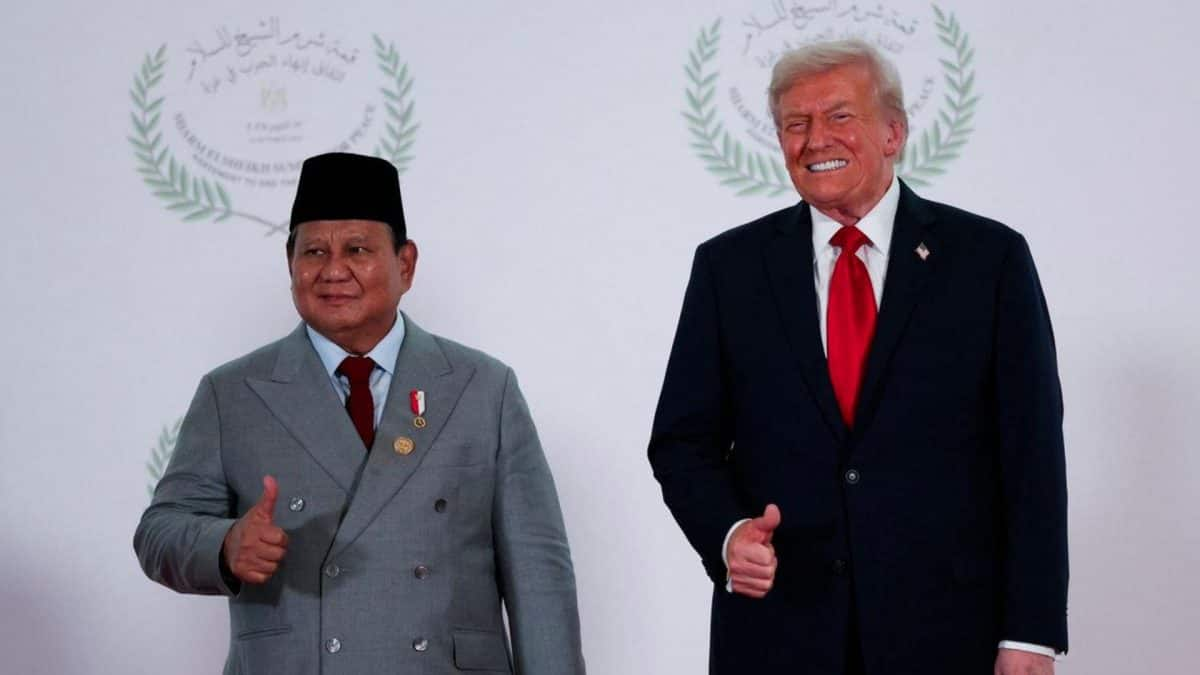US Treasury Secretary Scott Bessent has accused China of trying to “damage the global economy” after Beijing imposed sweeping export restrictions on rare earth elements and critical minerals, the Financial Times reported.
Bessent, who is also a Trump aide, emphasised that the move, which could disrupt global supply chains, reflects China’s internal economic troubles and its attempt to drag others down.
‘China will be hurt the most’
Noting that China is the world’s largest supplier of these materials, Bessent said, “Maybe there is some Leninist business model where hurting your customers is considered a good idea… but if they aim to slow down the global economy, they will be hurt the most.”
He added that China is already facing a recession and is trying to “export its way out of it,” but warned that such a strategy could further weaken its global standing.
Bessent’s comments came after China announced broad export curbs on rare earths and critical minerals, prompting US President Donald Trump to threaten a 100 per cent tariff on Chinese imports starting November 1.
On Truth Social, Trump wrote: “Don’t worry about China, it will all be fine! Highly respected President Xi just had a bad moment. He doesn’t want depression for his country, and neither do I. The USA wants to help China, not hurt it!!!”
Trump on track to meet Xi
US officials were reportedly surprised by what they called “China’s disproportionate restrictions on critical mineral supplies,” according to the Financial Times. The move comes weeks before Trump is expected to meet Chinese President Xi Jinping.
Reuters reported that Bessent confirmed Trump is still on track to meet Xi in South Korea in late October, where both leaders will seek to ease tensions over tariffs and export controls.
Washington has prepared countermeasures if talks fail
The Financial Times also said Washington has prepared countermeasures if talks fail, with the issue set to top the agenda at this week’s G7 meetings in Washington, alongside World Bank–IMF discussions.
The report added that the US is considering requiring licenses for companies exporting software to China — a step that could have major implications for Chinese industries.


)

)
)
)
)
)
)
)
)



